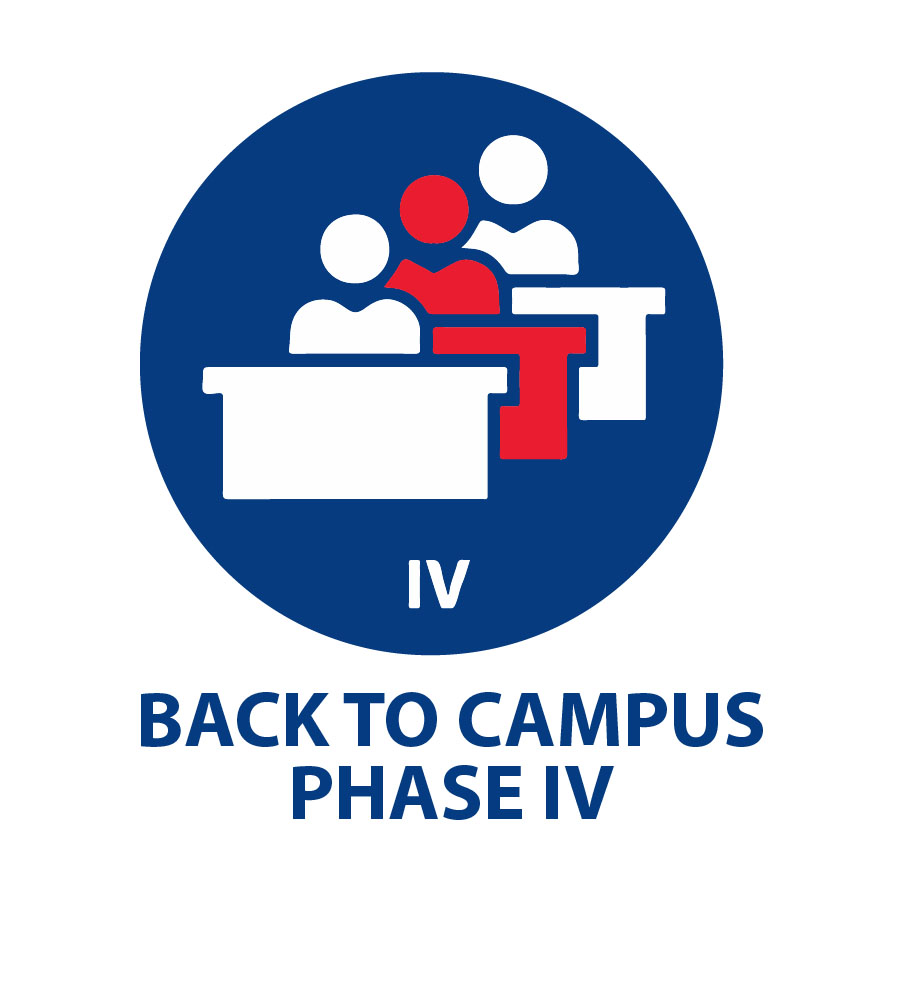Gov. Lee signs new pandemic legislation; masks now encouraged at Southwest locations
By Diana Fedinec and Daphne Thomas
 The Tennessee General Assembly recently met for a special session to specifically
legislate COVID-19 protocols, among other items. Governor Bill Lee signed the legislation
into law Nov. 12, 2021. The legislation stipulates that the Tennessee Department of
Health Commissioner is responsible for quarantine guidelines throughout the state
and that public schools (at all levels) are not permitted to require mask wearing
on campus. While Southwest Tennessee Community College follows guidelines outlined
by the Shelby County and State of Tennessee health departments, in accordance with
state law, the College encourages masks to be worn on campus while indoors. Campus signage will
reflect this new stance.
The Tennessee General Assembly recently met for a special session to specifically
legislate COVID-19 protocols, among other items. Governor Bill Lee signed the legislation
into law Nov. 12, 2021. The legislation stipulates that the Tennessee Department of
Health Commissioner is responsible for quarantine guidelines throughout the state
and that public schools (at all levels) are not permitted to require mask wearing
on campus. While Southwest Tennessee Community College follows guidelines outlined
by the Shelby County and State of Tennessee health departments, in accordance with
state law, the College encourages masks to be worn on campus while indoors. Campus signage will
reflect this new stance.
The Southwest Back to Campus Plan has provided phased access to campus each semester since the Phase I return to on-campus operations and classes July 8, 2020. While the plan is designed to guide our decision making throughout the pandemic, Southwest continues to monitor the pandemic and make modifications as conditions warrant and in accordance with state law and guidelines from local, state and national health agencies.
Southwest will continue the following COVID-19 safety protocols:
- Asking individuals who are sick to stay home.
- Students with questions to email covid19@southwest.tn.edu.
- Employees with questions to email Human Resources at humanresources@southwest.tn.edu.
- Cleaning protocols.
- Sending campus updates as developments warrant.
- Posting pandemic-related news to the coronavirus section of Southwest's website.
Q & A: MASKS AND VACCINATION
Will TBR Colleges be Implementing a Vaccination or Masking Requirement?
TBR colleges have no plans to require vaccinations or masks. Tennessee law generally prevents TBR colleges from requiring vaccinations or masks. Recent media reports have raised the question whether TBR will ask the State Comptroller for an exception that allows colleges to require employees and/or students to get vaccinated and/or wear masks. No TBR college has any current plan to ask the Comptroller to allow a vaccination and/or masking requirement because no federal agency or federal contractor has notified any TBR college (to the knowledge of the Office of General Counsel) that it will lose federal funding if it fails to require vaccinations and masking. It is important to note that Executive Order 14042, which applies to federal contractors, only applies to certain federal contracts, not to all sources of federal funding. If a college believes an exemption from the Comptroller is necessary to preserve federal funding, the college should refer the matter to the Office of General Counsel. TBR and the college will evaluate the options. Any exemption request must be filed by the System Office. Thus, circumstances may change in the future.
I’m a student or healthcare professional who works in a clinical facility. Will I be permitted to seek a medical accommodation or a religious accommodation?
It depends on the clinical partner’s processes. The Rule issued by the Centers for Medicare and Medicaid Services on November 5,
2021 generally states that healthcare facilities must require individuals (including
TBR faculty, staff, and students participating in clinical arrangements) who provide
services in healthcare facilities to be vaccinated, unless they receive a medical
accommodation or a religious accommodation. Each of our clinical partners is permitted
to decide (1) whether to permit TBR faculty, staff, and students to request a medical
or religious accommodation, (2) the criteria for any such accommodations, and (3)
whether the clinical partner or college will determine if the accommodation request
is granted.
Because different clinical partners have different accommodation processes and requirements,
TBR will have no standardized process for handling accommodation requests. Rather,
colleges will need to work with clinical partners on an individualized basis to determine
what, if any, accommodation process will exist. When vaccination questions involving clinical partners arise, please direct them to
the OGC lawyer with whom you normally work, and please do not send any communications
to students, faculty, or staff about this subject until after you have consulted OGC.
Stay tuned for updates via email, social media and the College’s Coronavirus News Page.